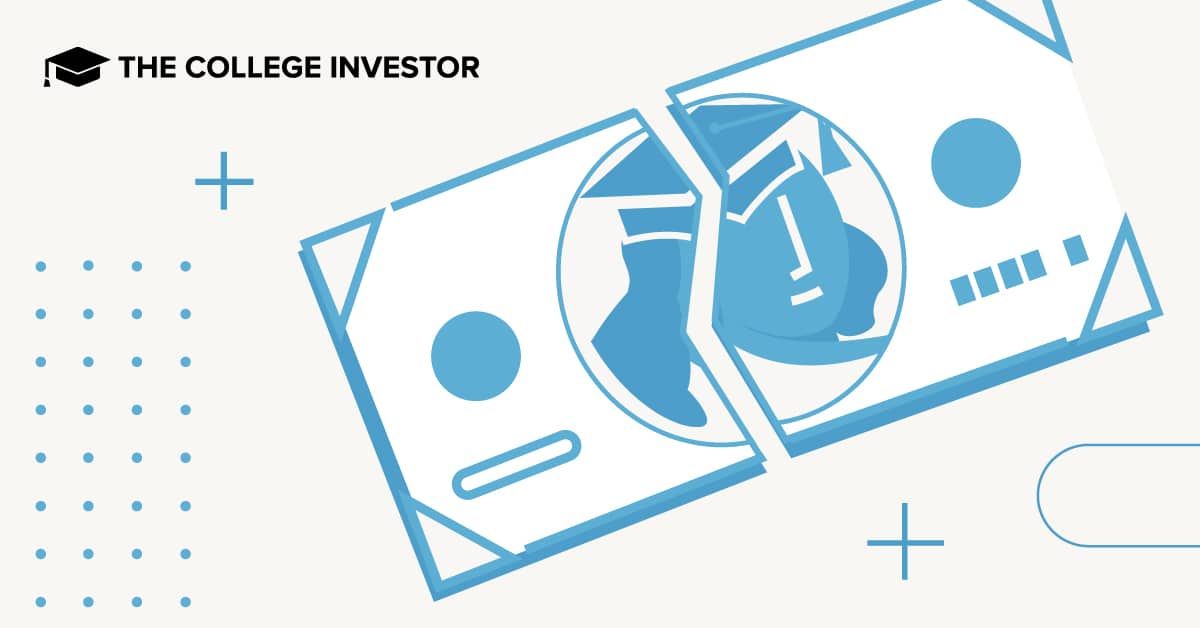Garnishment
Definition
Garnishment is a legal process whereby a court orders the seizure of a debtor's property or wages, held by a third party (often an employer or bank), to satisfy a debt or judgment.
Detailed Explanation
Garnishment is a court-ordered procedure used to collect debts from an individual or entity by directly taking a portion of their income or assets. This process is typically initiated by a creditor after they have obtained a judgment against the debtor for unpaid debts. The court issues a garnishment order to a third party, known as the garnishee, who is responsible for holding or processing the debtor's funds. Common garnishees include employers and financial institutions.
When garnishing wages, a specific percentage of the debtor's earnings is deducted from their paycheck and sent directly to the creditor until the debt is fully paid. The amount that can be garnished from wages is subject to federal and state laws, which usually set limits to protect the debtor's ability to maintain a basic standard of living.
In the case of bank account garnishments, the garnishee freezes the debtor’s account, and funds are withdrawn to pay the creditor. Similar to wage garnishment, there are legal limits on the amount that can be taken from bank accounts.
Garnishment is commonly used for debts such as child support, student loans, taxes, and credit card debts. It's important to note that certain types of income, like Social Security benefits, may be exempt from garnishment in some circumstances.
Example
Amy owes $5,000 in credit card debt. After failing to make payments, the credit card company sues him and obtains a court judgment. The court then issues a garnishment order to John's employer, directing a portion of John's salary to be withheld each pay period and sent to the creditor until the debt is paid off.
Key Articles Related To Garnishment
Related Terms
Borrower: A borrower is an individual that takes on debt by receiving funds from another party, typically a lender, under the agreement that the borrower will repay the equivalent funds at a later date, with interest.
Collection Agency: A collection agency is a business that pursues payments on debts owed by individuals or businesses.
Delinquency: Delinquency refers to the failure to make timely payments on a debt, such as student loans. It represents the initial phase of default, signaling potential financial distress.
Default: Default is the failure to fulfill a financial obligation, especially the failure to pay back a loan or meet interest payments.
Frequently Asked Questions
Can all types of income be garnished?
Not all income types are subject to garnishment. For example, Social Security benefits and certain types of retirement income may be exempt.
How much of my wages can be garnished?
The amount varies depending on the type of debt and jurisdiction, but there are federal and state laws that limit the percentage of wages that can be garnished.
Can I dispute a garnishment?
Yes, debtors can challenge the garnishment in court, especially if it causes significant financial hardship or if the debt is disputed.
Does garnishment affect my credit score?
While the garnishment itself does not directly affect your credit score, the judgment and any late payments leading up to the garnishment can have a negative impact.
Editor: Ashley Barnett
